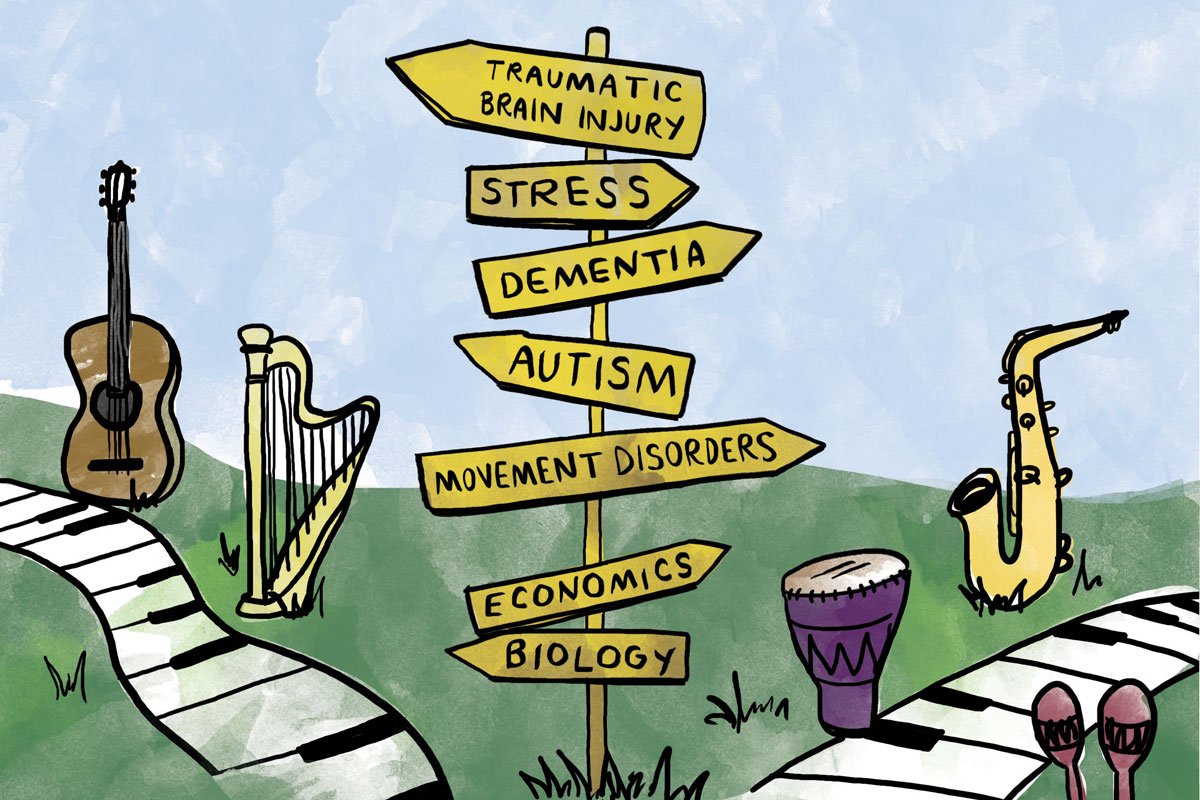Embracing the Healing Power of Music: The Benefits of Music Therapy

Introduction
In our fast-paced world, finding solace and comfort can be a challenge. Yet, the universal language of music holds a unique power to heal, inspire, and rejuvenate. As we celebrate World Music Day, we delve into the fascinating realm of music therapy and its profound impact on post-hospitalization patients and the elderly. Join us on this melodious journey as we explore how music can be a therapeutic ally in the healing process.
The Science Behind Music Therapy
Music therapy is a clinical and evidence-based practice that uses music to address physical, emotional, cognitive, and social needs of individuals. Certified music therapists employ various techniques such as listening to music, singing, playing instruments, and composing music to facilitate healing and improve the quality of life.
Physical Benefits: Music can help reduce pain and discomfort. Rhythmic music can synchronize with the body’s movements, improving motor skills and coordination. For post-surgery patients, gentle music can aid in relaxation, leading to lower blood pressure and heart rates.
Emotional Benefits: Music has the power to evoke emotions and memories, providing a therapeutic outlet for expressing feelings. It can alleviate symptoms of depression and anxiety, which are common among post-hospitalization patients and the elderly.
Cognitive Benefits: Engaging with music can enhance cognitive function, improve memory recall, and provide mental stimulation. This is particularly beneficial for elderly patients dealing with conditions like dementia or Alzheimer’s.
Social Benefits: Group music therapy sessions can foster social interaction and create a sense of community, which is vital for mental and emotional well-being.
Music Therapy in Practice
For post-hospitalization patients, music therapy can be integrated into the recovery plan to accelerate healing. Here are some practical ways:
- Listening to Soothing Music: Creating playlists of favorite songs can provide comfort and reduce stress.
- Playing Instruments: Even simple instruments like drums or tambourines can improve coordination and provide a sense of accomplishment.
- Singing: Encouraging patients to sing along to their favorite tunes can enhance lung function and uplift their spirits.


For the elderly, especially those dealing with chronic illnesses or cognitive decline, music therapy can be a source of joy and engagement:
- Memory Lane Music: Playing songs from their youth can trigger positive memories and enhance mood.
- Interactive Sessions: Group sessions where seniors can sing, dance, or play instruments together promote social interaction and reduce feelings of isolation.
- Relaxation Techniques: Guided music relaxation sessions can help manage pain and improve sleep quality.
Success Stories
Let’s take a look at a couple of success stories:

John’s Recovery Journey: After undergoing major surgery, John struggled with pain and anxiety. Incorporating music therapy into his recovery plan, he found solace in listening to classical music, which helped him relax and reduce his reliance on pain medication. Over time, he began playing the piano again, which significantly boosted his morale and physical recovery.
Mary’s Battle with Dementia: Mary, an 80-year-old woman diagnosed with dementia, was often agitated and uncommunicative. Through personalized music therapy sessions, she began responding to familiar songs from her past. These sessions not only calmed her but also improved her interaction with family and caregivers.

Conclusion
On this World Music Day, we celebrate the transformative power of music. Whether it’s aiding in physical recovery, providing emotional relief, stimulating cognitive function, or fostering social connections, music therapy is a valuable tool in home healthcare. As we continue to support our clients, we encourage everyone to explore the healing potential of music.




